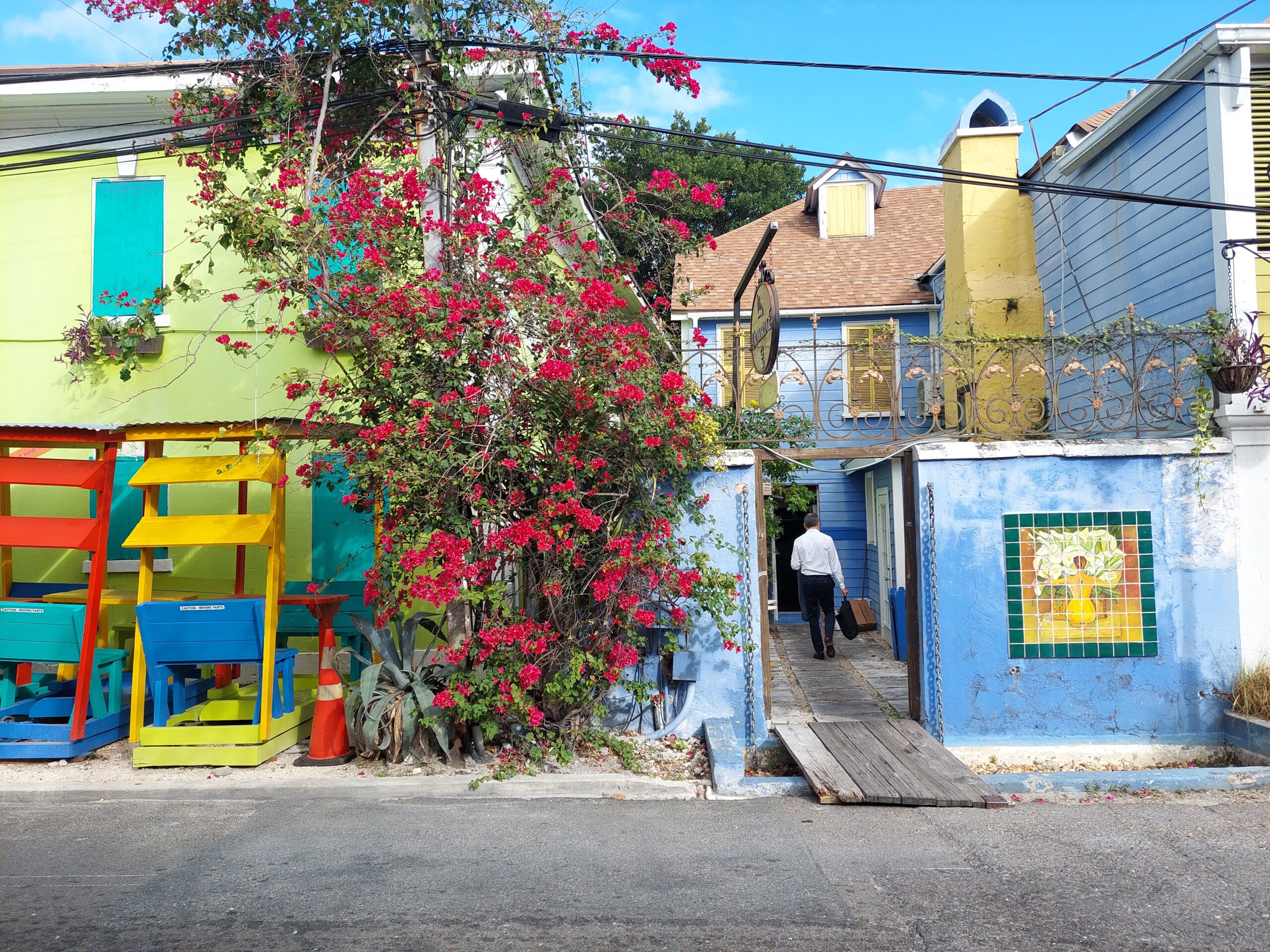We recognize that this educational research project is being led by people of primarily European-settler origin. With this recognition, we state our intention to be mindful and critically self-reflective of the ongoing process of colonialism, including settler-colonialism that influences all aspects of our lives. We welcome leadership from diverse peoples who can add critical insight into the perspective of oppressed peoples and help to illuminate a collective path forward.
As a host institution, Lakehead University (Orillia) is situated on the traditional lands of the Anishnaabeg. The Anishinaabeg include the Ojibwe, Odawa, and Pottawatomi nations, collectively known as the Three Fires Confederacy, represented locally by the Chippewas of Rama First Nation, a member of the Chippewa Tri-Council and Three Fires Confederacy. These lands are covered by numerous treaties including the Williams Treaties. Lakehead Thunder Bay occupies land traditionally stewarded by Fort William First Nation, signatories to the Robinson-Superior Treaty of 1850.
Our partners in the Commonwealth of Learning (COL) are headquartered in the City of Burnaby located on the unceded territory of four host Nations: including the xʷməθkʷəy̓əm (Musqueam), Sḵwx̱wú7mesh (Squamish), səlilwətaɬ (Tsleil-Waututh), and kʷikʷəƛ̓əm (Kwikwetlem).
Furthermore, we recognize that the Commonwealth of Nations where this work is situated, is composed of dozens of modern nation-states which have emerged from former colonies of the British Empire. These colonies worked over generations to erase, enslave, and assimilate diverse peoples from around the world in the service of a globally dominant cultural, economic and political system. This dominant system is rooted in racism, sexism, classism, ageism, and other forms of social hierarchy, domination and oppression. Our diverse global partners live and work on Land that has been forcefully occupied and dominated by European settlers, and which experienced catastrophic cultural and ecological degradation. It is these histories of colonialism, imperialism, slavery, and their continuing legacies that inform our work as researchers and educators. It is with these historical and contemporary relationships that we operate and commit to critical self-reflection of the power imbalances that endure and will undoubtedly influence the direction and outcome of this research.
